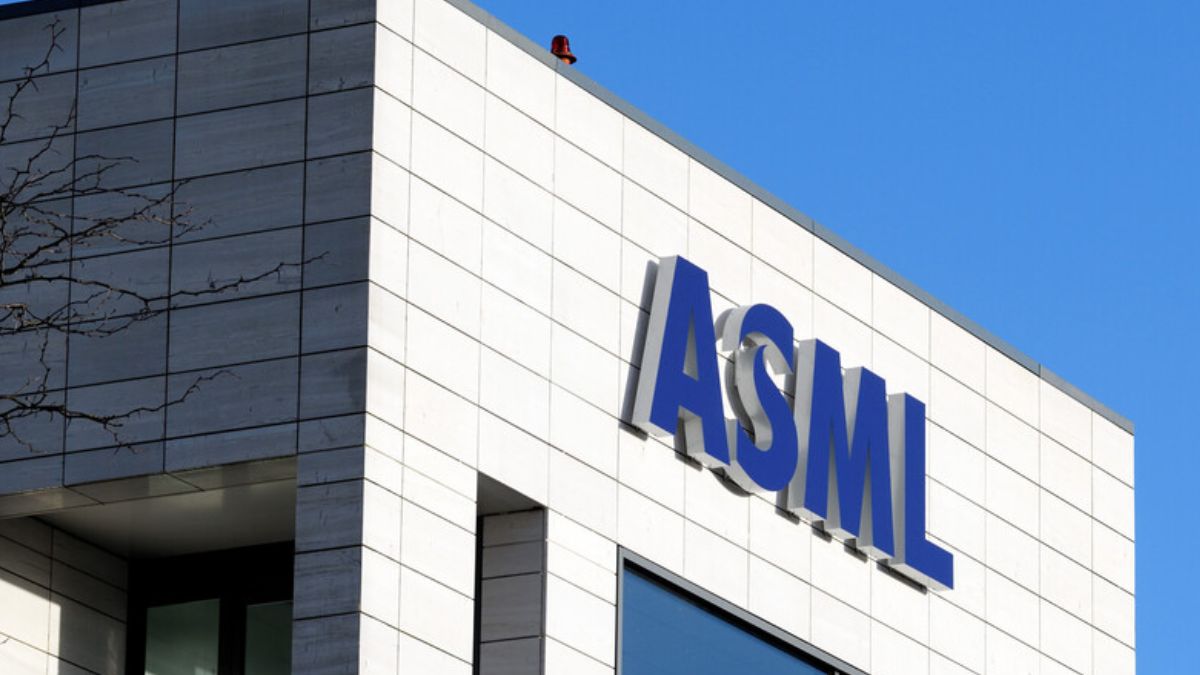Necessary Always Active
Necessary cookies are required to enable the basic features of this site, such as providing secure log-in or adjusting your consent preferences. These cookies do not store any personally identifiable data.
|
||||||
|
||||||
|
||||||
|

ASML’s $1.5 billion investment in French-based AI company Mistral has boosted Europe’s AI ambitions. ASML has invested in Mistral AI for European tech at a time when American and Asian firms are dominating the global AI race. According to Reuters, the ASML funding has raised hopes that Europe could attract more regional tech sovereignty as it competes globally.
ASML’s €1.3 billion investment in the French AI firm has been lauded across Europe. The region has been caught up in a global trade conflict after U.S. President Donald Trump spotlighted its weaknesses in tech and AI.
“ASML’s stake in Mistral AI is a game-changer for Europe. It strengthens our digital sovereignty, boosts innovation, and sends a clear signal to global Big Tech: Europe is ready to lead, not follow.” EU lawmaker Stephanie Yon-Courtin said. Yon-Courtin added that the ASML-Mistral deal pairs Europe’s best chip expertise with cutting-edge AI. The EU lawmaker was particularly impressed to see a ‘”European investor supporting a European AI champion”.
The investment deal, which was confirmed on September 8, 2025, saw ASML take an 11% stake in Mistral AI. The stake makes ASML the majority shareholder in the French AI startup. Mistral AI is considered Europe’s AI champion in an industry dominated by American tech giants like Google and OpenAI.
ASML will partner with Mistral to integrate AI models across its chip equipment products. Founded by former Meta and Google DeepMind researchers back in 2023, Mistral AI has positioned itself as Europe’s AI alternative to American companies. The AI startup is part of France’s broader strategy of becoming a leading AI competitor.
Some analysts say that although the ASML-Mistral investment will promote Europe tech sovereignty, real benefits of the ASML-Mistral deal will take time to manifest. “This move reflects the mindset shift taking place across Europe. The deal shows that there’s an opportunity for us to make more of our hard assets to strengthen our sovereignty,” Sten Tamkivi, a Partner at Venture Capital Firm Plural said. Tech leaders and politicians in Europe have been concerned about the region’s tech lag. German Chancellor Friedrich Merz and French President Emmanuel Macron have raised concerns over Europe’s reliance on U.S. tech firms and called for AI sovereignty.
Currently, Europe’s competition against American giants such as OpenAI, NVIDIA, Microsoft, and Meta remains low. Valuations of these companies run into trillions of dollars. Mistral AI’s valuation currently stands below $12 billion. The startup has been funded by U.S. investors including General Catalyst, Andreessen Horowitz, and DST Global.
During the Paris AI summit in February 2025, the EU committed to invest $51.6 billion to bolster its AI leadership efforts. The EU AI investment was focused on development of mission-critical and industrial applications, as well as powering gigafactories needed to process large language models in Europe.
The European Commission is also encouraging AI start-ups to remain in the region as opposed to shifting to the U.S. The region’s executive body is doing so by establishing rules that allow such firms to operate in the bloc’s 27 countries with ease.
“Europe needs to have its own digital capacities and invest in its technological sovereignty,” European Commission spokesperson Thomas Regnier said. Even so, tech leaders feel that the Commission needs to do more to enhance the region’s competitiveness in the global AI race.
“Europe is making progress. But that ambition will only count if the European Commission and national governments match it.,” Mistral CEO Arthur Mensch said. The Commission continues to face headwinds as large European companies show reluctance in supporting local tech startups as customers or investors. The tough EU AI regulation also poses a significant challenge for the region.
In February, 2025, Europe introduced stringent tech rules as it commenced enforcement of the EU AI Act. Investors and tech executives expressed concerns that the stringent provisions could constrain innovation.